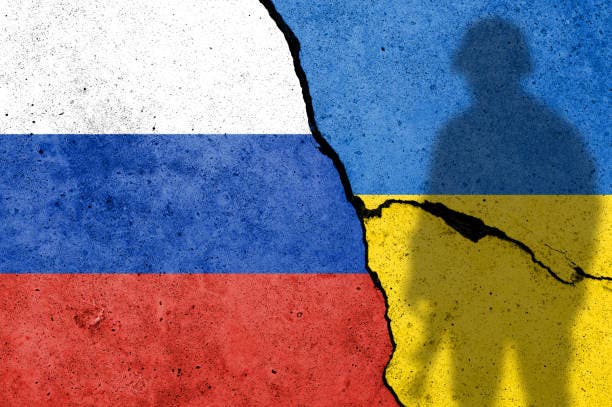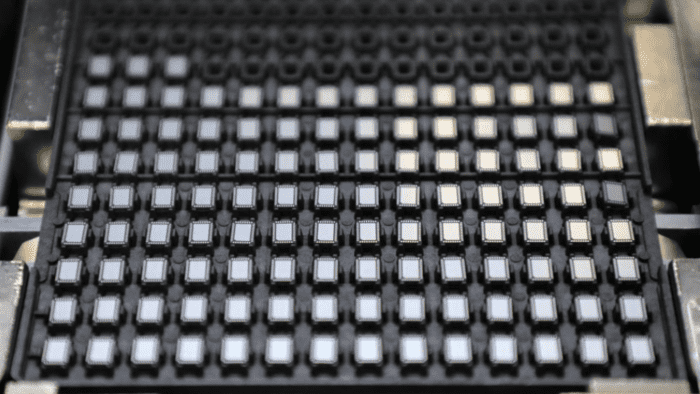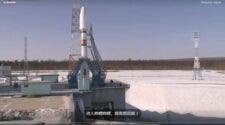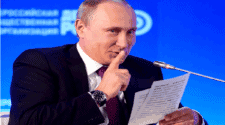Large chip companies have so far expected the war crisis between Russia and Ukraine to have a limited impact on supply chains, thanks to their raw material reserves and diversified purchases. However, some in the industry are concerned about their long-term prospects and influence. The crisis has hit stocks of tech companies that source or sell products around the world. This is due to fears that the Russia – Ukraine war will exacerbate a year-long shortage of semiconductor chips.

Direct impact is limited
The reports so far claim that the impact of the Russia – Ukraine crisis on the chip industry is not significant. A source close to the Japanese chip industry said
“Chipmakers haven’t felt an immediate impact, but companies that supply them with semiconductor manufacturing materials buy gases like neon and palladium from Russia and Ukraine. The supply of these materials is already tight, so any further supply pressure is dangerous. It may push up their prices, which in turn may lead to higher chip prices,”
However, chip companies are better prepared for raw materials than in recent years due to other disruptions and conflicts, allowing them to alleviate some of the pain of chip supply shortages.
What do Intel, TSMC, and Samsung say?
ASML, a key Dutch supplier to chipmakers including TSMC, Samsung Electronics, Intel, and others, said on Wednesday it was looking into alternative sources of neon gas.
South Korean memory chip maker SK Hynix CEO, Lee Seok-hee, told reporters last week that the company had “obtained a lot” of chip material and that “there is no need to worry.”
Samsung said the situation in Russia and Ukraine has no direct impact on chip production. Nevertheless, the South Korean manufacturer is closely monitoring developments. According to Samsung, production is proceeding as usual, benefiting from the diversification of material sources.
Intel claims the company does not expect any impact. According to foundry GlobalFoundries, the Russia – Ukraine situation should not pose an immediate risk. The company believes that companies have the flexibility to source resources outside Russia or Ukraine. Taiwanese chipmaker, UMC thinks so too.
TSMC, the world’s largest chip foundry, declined to comment “at this time”. ASE Semiconductor, a Taiwan-based chip testing, and packaging company said material supplies remained stable “at this time”. Taiwan’s “Ministry of Economics,” said in a statement that it had inspected Taiwan’s semiconductor supply chain and found no direct impact on materials or production activities.
Malaysian chip packaging company, Unisem, claims that from a raw material perspective, the company does not expect chip production shortages. This is because the materials it needs are not from Russia. Its materials are mainly from the U.S., Japan, South Korea, Singapore and locally.





